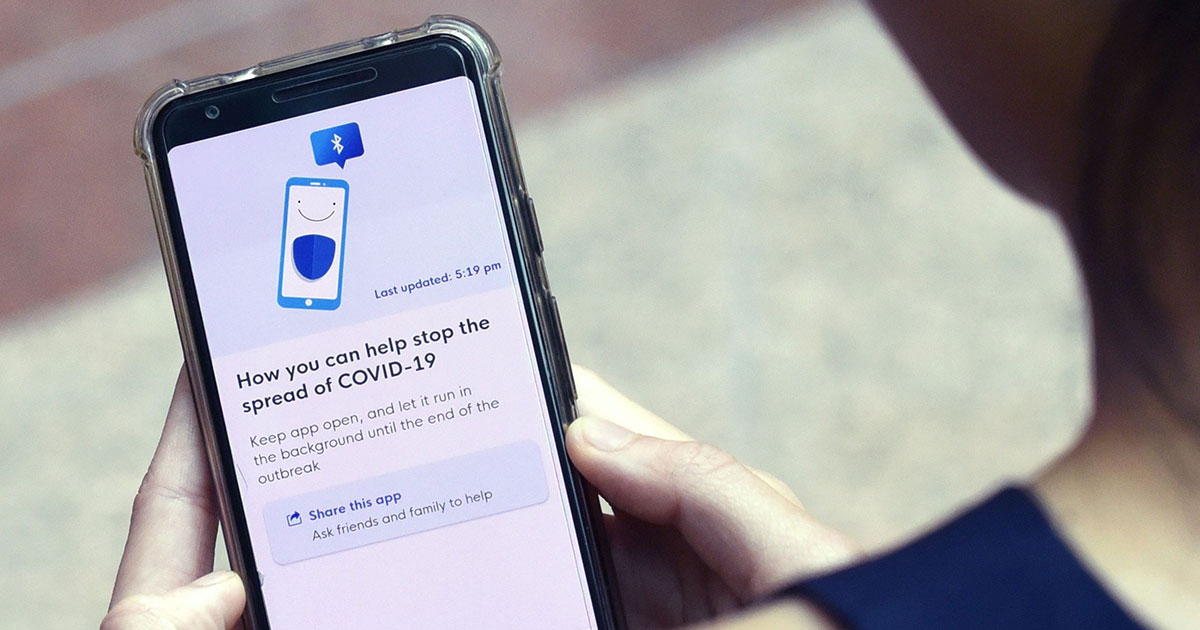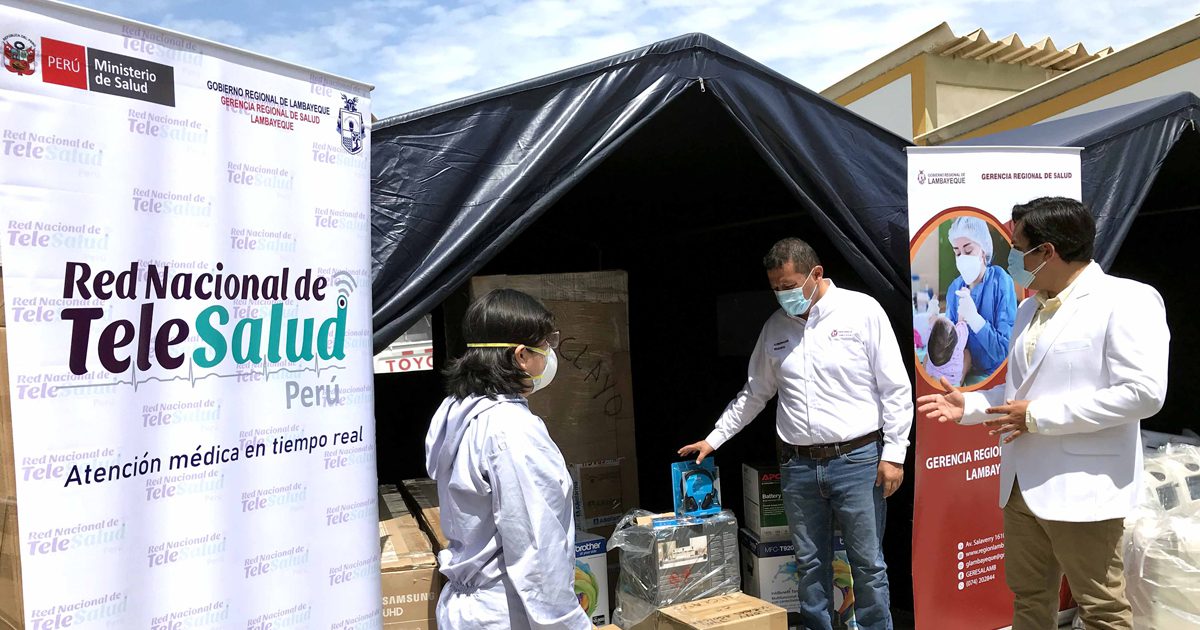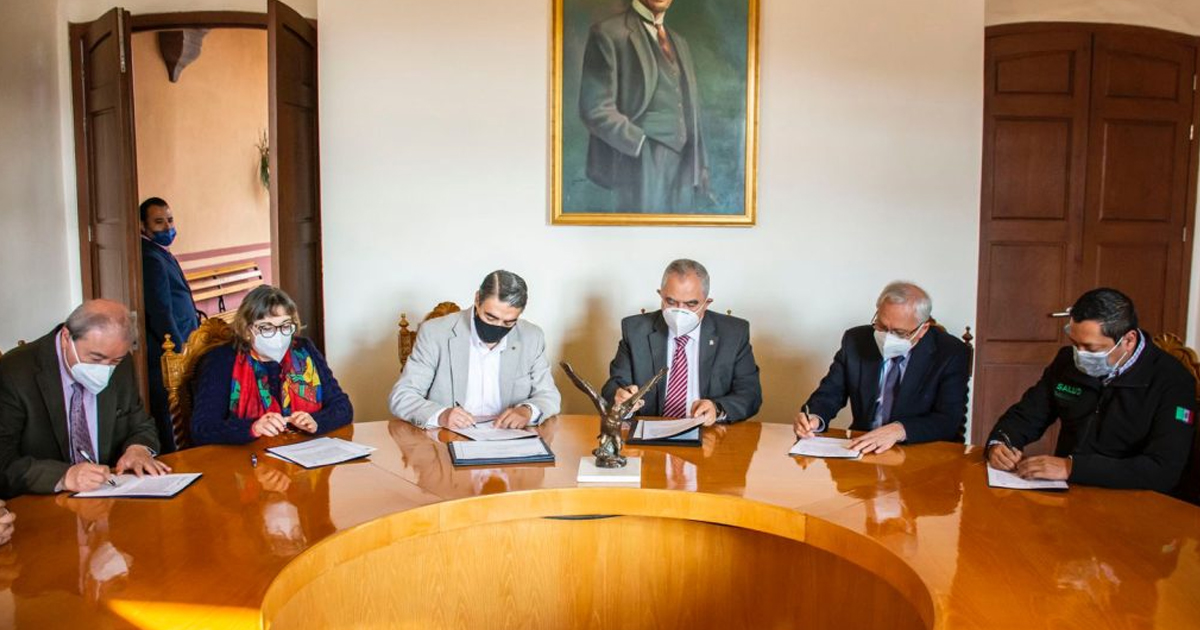Contact tracing is a critically important public health practice during epidemic disease emergency response.
This technique has been used from bubonic plague to HIV, however, in the case of COVID-19 it was a distinct challenge due to the short time of symptom development.
The transmission speed, and the importance of asymptomatic carriers, represented a different task. However, digital technologies entered the scene “Modeling studies suggested that if digital contact-tracing apps were combined with other mitigation measures, Covid-19 epidemics could be slowed and theoretically even ended. Lessons can be learned from the deployment of digital technologies to augment contact tracing during this pandemic,” explain Dr. James O'Connel and Dr. Derek T. O'Keeffe in an article published in The New England Journal of Medicine.
In countries such as South Korea, the response to the epidemic through contact tracing proved to be successful. This after suffering an epidemic of Middle East respiratory syndrome (MERS) in 2015.

South Korea's success, was in part due to the digital contact tracing system, the previous experience of the epidemic in 2015, caused health authorities to obtain legal authority for the use of geolocation data for contact tracing from the beginning of the COVID-19 outbreaks in the early 2020s.
South Korea's success, was in part due to the digital contact tracing system, the previous experience of the epidemic in 2015, caused health authorities to obtain legal authority for the use of geolocation data for contact tracing from the beginning of the COVID-19 outbreaks in the early 2020s.
In this way they successfully managed to diagnose early on persons at risk of having been in contact with a confirmed positive case of COVID-19. And perform appropriate isolation and mandatory quarantine measures.
“Global positioning system (GPS) data from cell phones were used to create a centralized database of the movements of people with Covid-19 that was accessible online. The Corona 100m app used these data to warn users when they were near a location visited by an infected person,” the researchers explained.
Other countries, such as Singapore, Germany, Ireland and the UK, have developed their own contact tracing systems through digital technology; by the end of 2020, at least 65 systems were identified.
“Digital contact-tracing technologies must be made accessible, particularly to people with limited access to smartphone technology, those with limited digital health literacy, speakers of languages other than a country’s primary language, and migrant communities,” the researchers explained about the existing challenges on the application of this technology.
By overcoming the various obstacles, contact tracing should become a reliable, accessible and privacy-sensitive tool for users.
NEW ENGLAND JOURNAL OF MEDICINE






